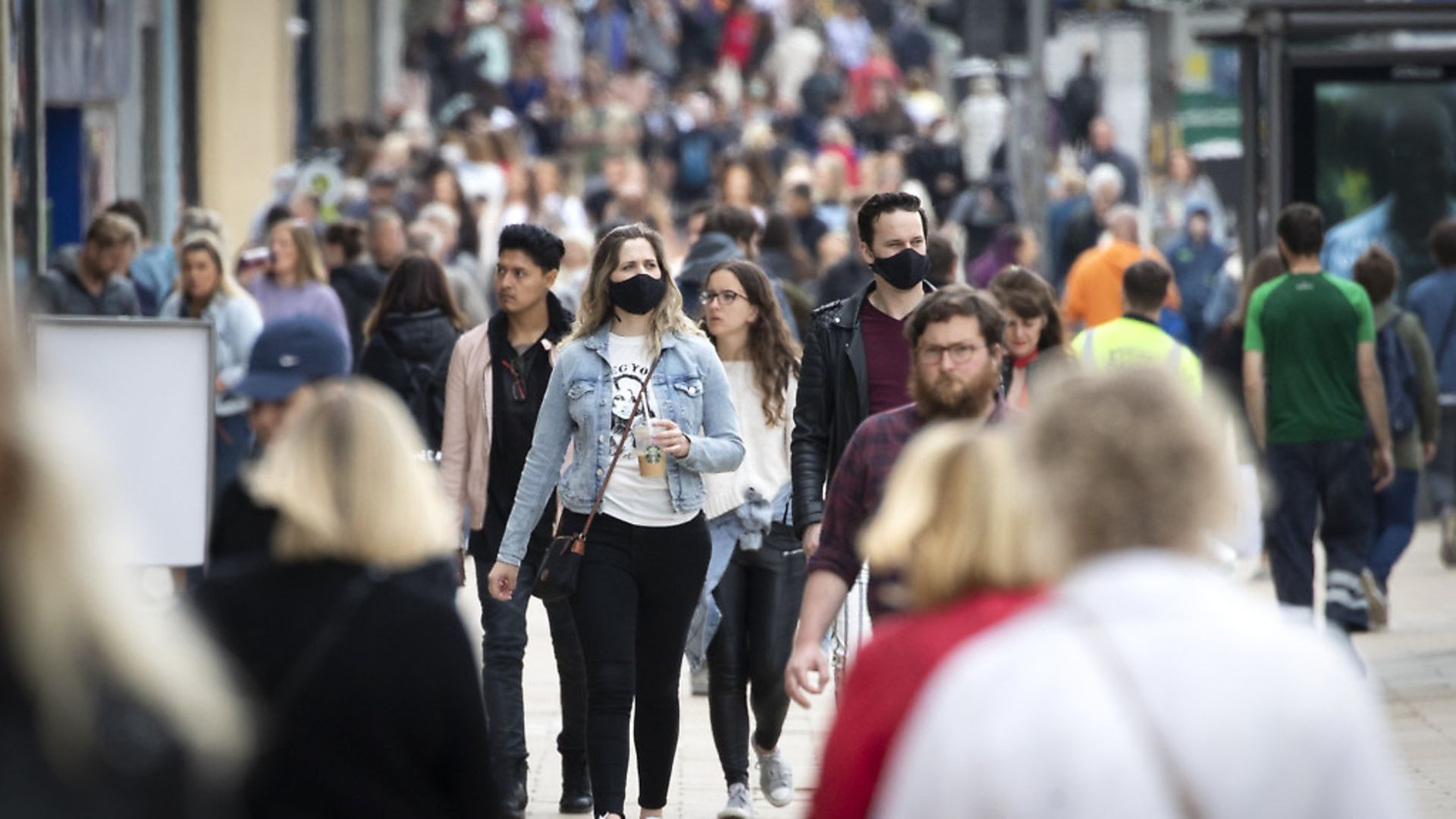
Shoppers are returning to supermarkets and grocers more regularly since masks became compulsory, despite some protestations over the introduction.
However experts warn that just over half of the shoppers feel safe while out, showing there still a considerable way to go to restore confidence in shopping.
Morrisons was the biggest winner among the Big Four in the 12 weeks to August – alongside Tesco, Sainsbury’s and Asda – according to Kantar.
Have your say
Send your letters for publication to The New European by emailing letters@theneweuropean.co.uk by Tuesday at 9am and pick up an edition each Thursday for more comment and analysis. Find your nearest stockist here, read the newspaper on our app, or subscribe to a print or digital edition for just £13. You can also join our readers' Facebook group to keep the discussion and debate going with thousands of fellow pro-Europeans.
Customers spent £9.7 billion over the past four weeks, the lowest level since February, although this is higher than pre-pandemic levels.
Charlotte Scott, consumer insight director at Kantar, said: ‘The relaxing of rules across much of the country means shoppers are less inclined to stock up their cupboards with regular large trips. That has seen average spend drop below £25 for the first time since March. However, at £24, it is still a world away from the pre-Covid average of £19 per trip.’
She said the current average of 14 shopping trips per month per household is lower than it was last month but still up on April and May.
Scott added: ‘The number of supermarket trips was two million lower than would have usually been expected in the week after the rule was adopted, and currently just over half of shoppers say they feel safe in stores.
‘That suggests the public may need time to adjust to the new regulations, and they now have to plan ahead for every shopping trip.’
Online food shopping hit another new record in the four weeks to August 9, with 13.5% of all sales now ordered online, Kantar said.
Ocado has been the biggest winner with growth of 45.5% over the 12-week period, although it still only accounts for 1.8% of the entire grocery sector.
Scott added: ‘With the country officially entering recession last week, atypical behaviours are likely to continue. During a recession we would generally expect shoppers to manage their spend more carefully.
‘Early evidence suggests that most are not yet choosing to trade down, with brands and premium own-label lines currently performing well; however, price cuts have increased compared with July as some people look for opportunities to save.’
She also suggested the exclusion of alcohol from the government’s Eat Out To Help Out scheme, to encourage consumers back into restaurants, helped keep in-store sales up during the period.
Some had claimed that the government’s rule to make face masks compulsory would see a drop in shoppers, with Brexiteer Ann Widdecombe suggesting a shopping hour for those who do not want to wear one.






